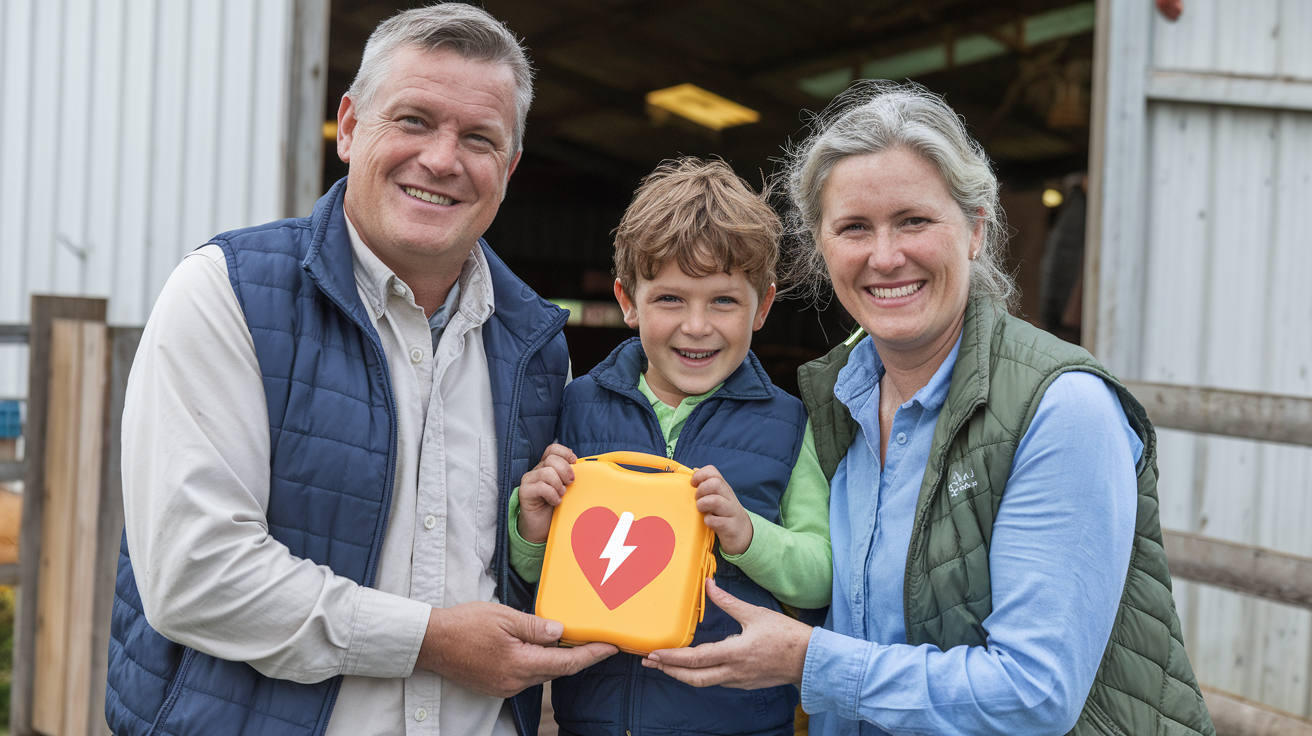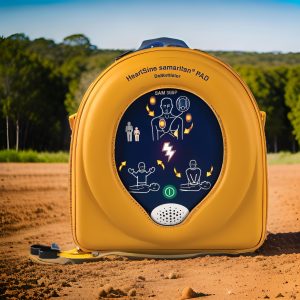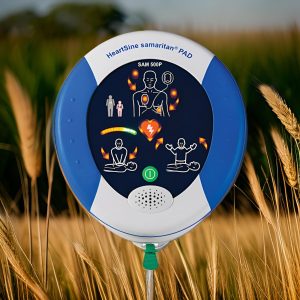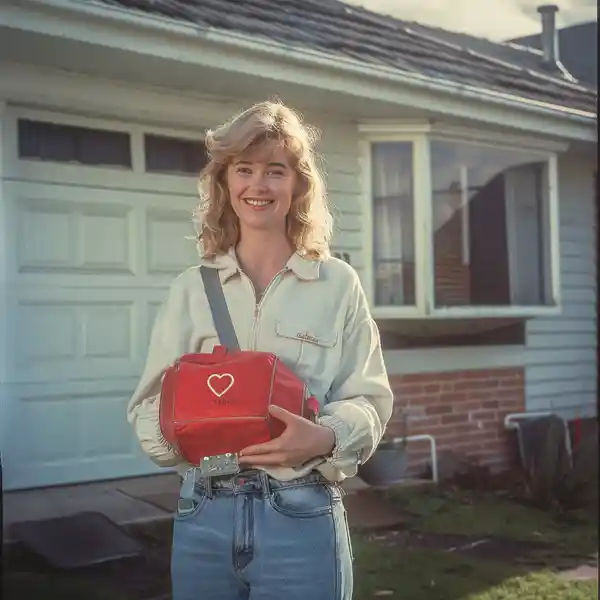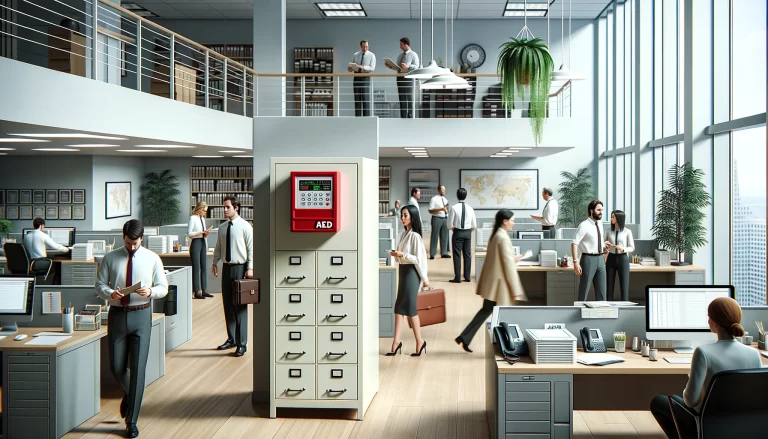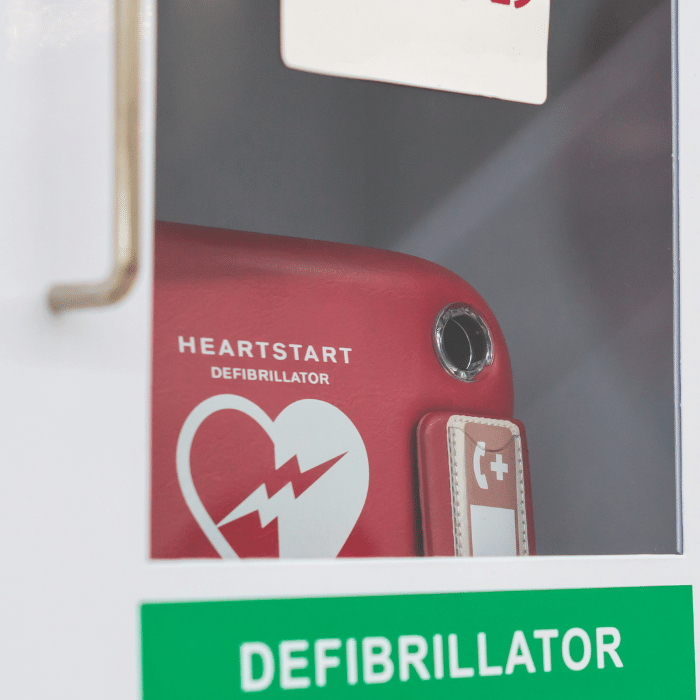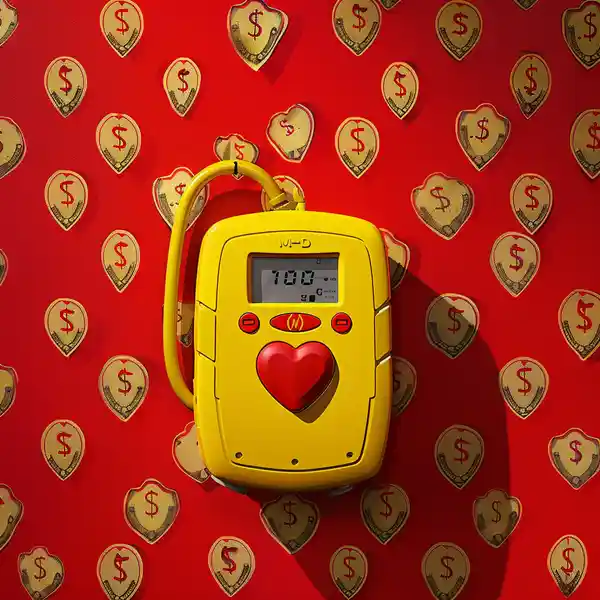Why Every Farm Needs a Defib: Be Ready When Every Second Counts
I’ve spent a lot of my life in rural Queensland—between Chinchilla and Dalby—so I know the realities of living and working on the land. Help isn’t always around the corner. On a large farm, it could take 30 minutes or longer for emergency services to arrive, and when serious accidents or sudden medical emergencies occur, time is everything.
Four-wheeler rollovers, falls from horses, severe machinery injuries, or near-drownings in dams—these emergencies are unpredictable and can lead to cardiac arrest. Having a defibrillator (AED) on the farm allows you to act immediately, long before an ambulance can arrive. It could mean the difference between life and death for a family member, worker, or even yourself.
Cardiac Arrest on Farms: Why It’s a Real Risk
We often associate cardiac arrest with older adults or people with heart conditions, but it can happen to anyone, especially during accidents or trauma. Farms present unique risks, and when emergencies happen, fast action is essential.
1. Four-Wheeler Rollovers and Horse Riding Accidents
Four-wheelers (quads) are essential on many farms, but they pose significant risks. Rollovers can cause trauma to the chest or head, potentially leading to cardiac arrest. Similarly, horse riding accidents can result in serious injuries, especially if the rider is thrown at high speed. In these situations, an AED can provide the best chance of survival by delivering a life-saving shock.
2. Dams and Creek Drownings
Dams and creeks on farms can be dangerous. A person trapped underwater during a crossing or involved in a near-drowning may experience cardiac arrest. Even after being pulled out of the water, an AED may be essential to restore the heart’s rhythm.
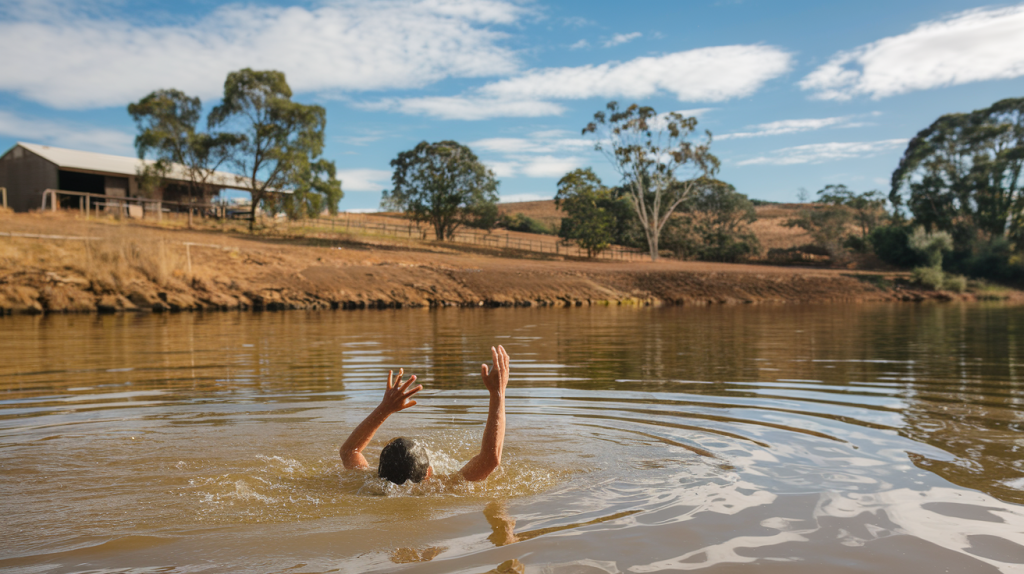
3. Machinery and Car Accidents
Farms involve heavy equipment and livestock, which can cause severe injuries. Crush injuries or falls from height may trigger trauma or shock that leads to cardiac arrest. With emergency services often delayed in rural areas, a defib ensures life-saving care can be provided immediately.
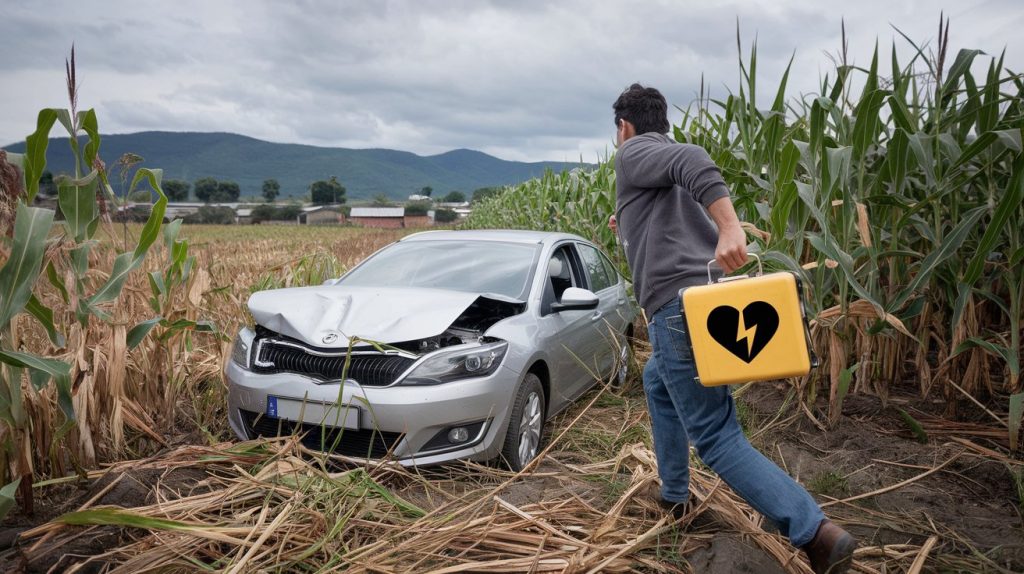
4. Family History of Heart Conditions
Cardiac arrest isn’t limited to accidents—family history plays a role. Even someone with no visible health problems could experience a sudden heart event, especially after intense physical labor. With a defib on hand, you’ll be ready to act if a family member or worker collapses unexpectedly.
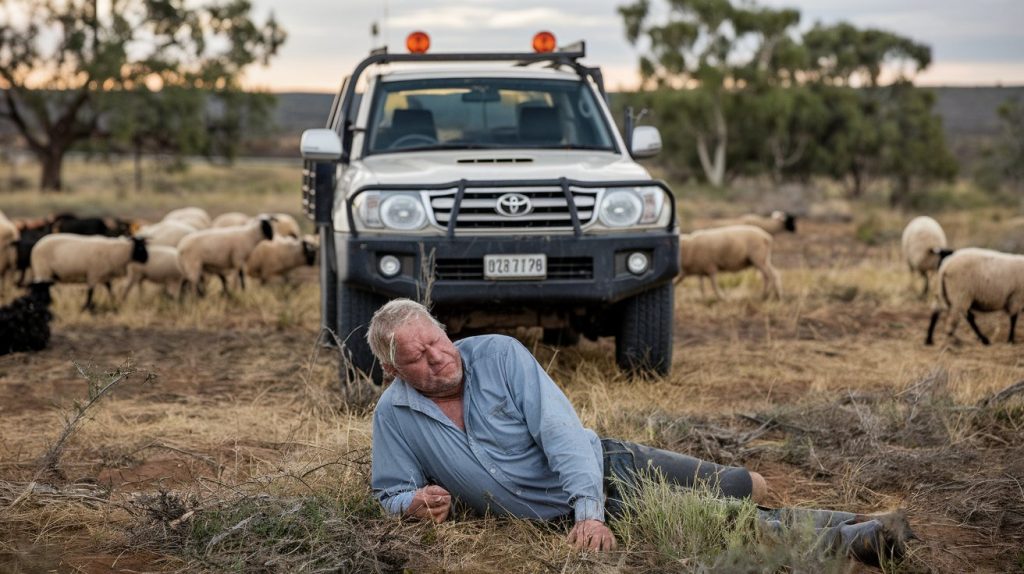
Early Defibrillation Saves Lives
When cardiac arrest strikes, every second counts. The heart’s rhythm must be restored as soon as possible, ideally within the first 3-5 minutes. Studies show survival rates drop by 7-10% for every minute without defibrillation, meaning waiting for paramedics could be too late, especially on a farm.
An AED delivers a shock to restore the heart’s rhythm. While CPR keeps blood circulating, the AED shock is essential for restarting the heart. A 2020 study from the Journal of the American Heart Association highlights that early defibrillation greatly improves survival, especially in rural areas. Having an AED on your farm ensures you’re ready to respond immediately.
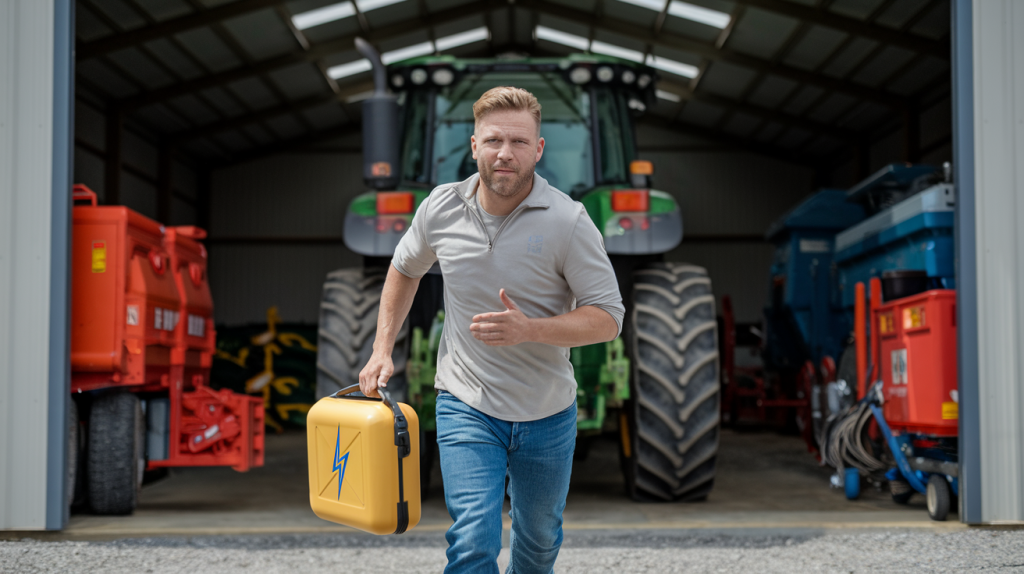
Where Should You Keep an AED on the Farm?
For quick access, store your AED somewhere central and easily accessible. Here are a few practical options:
1. In a Ute or Farm Vehicle
Because farmers are often on the move, keeping a defib in a ute, tractor, or four-wheeler ensures it’s always within reach. A rugged case protects it from dust and water, ensuring it’s ready to use wherever you are on the property.
2. Inside the Shed or Workshop
Mounting a defib in the shed, machinery bay, or workshop ensures it’s easy to find. A wall-mounted cabinet keeps the AED secure and visible, and AED signage ensures everyone knows where to find it during an emergency.
3. In an Outdoor AED Cabinet
For larger properties, an outdoor weatherproof cabinet makes sense. Placing the AED near cattle yards, along fence lines, or by tracks ensures accessibility from all areas of the farm. Outdoor cabinets are waterproof and alarmed to protect the AED from weather and theft.
Which AED Is Right for Your Farm?
HeartSine offers two excellent AED models designed for tough environments. Both are reliable, easy to use, and built for harsh conditions.
HeartSine Samaritan 360P AED
The 360P is a straightforward, cost-effective AED that automatically delivers a shock when needed. Simply turn it on and follow the prompts.
- Best for: Those looking for a simple, dependable AED.
- Maintenance: Replace the Pad-Pak every 4 years or after use.
HeartSine Samaritan 500P AED
The 500P includes everything the 360P offers but also features CPR Reader technology, which gives real-time feedback on chest compressions. It’s like having a paramedic guiding you during the rescue.
- Best for: Those who want extra guidance during CPR.
- Maintenance: Same as the 360P—replace the Pad-Pak every 4 years.
Accessories to Keep Your AED Ready
- AED Tough Case: Ideal for farm vehicles, protecting the AED from dust, water, and knocks.
- Wall Cabinet: Great for sheds or workshops, ensuring the AED is easy to access.
- Outdoor AED Cabinet: Weatherproof and alarm-equipped, perfect for outdoor storage on large properties.
Be Prepared for Any Emergency
Farming comes with challenges, and emergencies don’t wait for the right moment. Whether it’s a severe injury, a four-wheeler accident, or a sudden cardiac event, having an AED on the farm ensures you’re prepared to act immediately.
The HeartSine 360P and 500P AEDs are built for demanding environments, offering simple operation, rugged reliability, and minimal maintenance. With medical help often far away, an AED could save a life. Equip your farm with an AED today—be ready when it matters most.
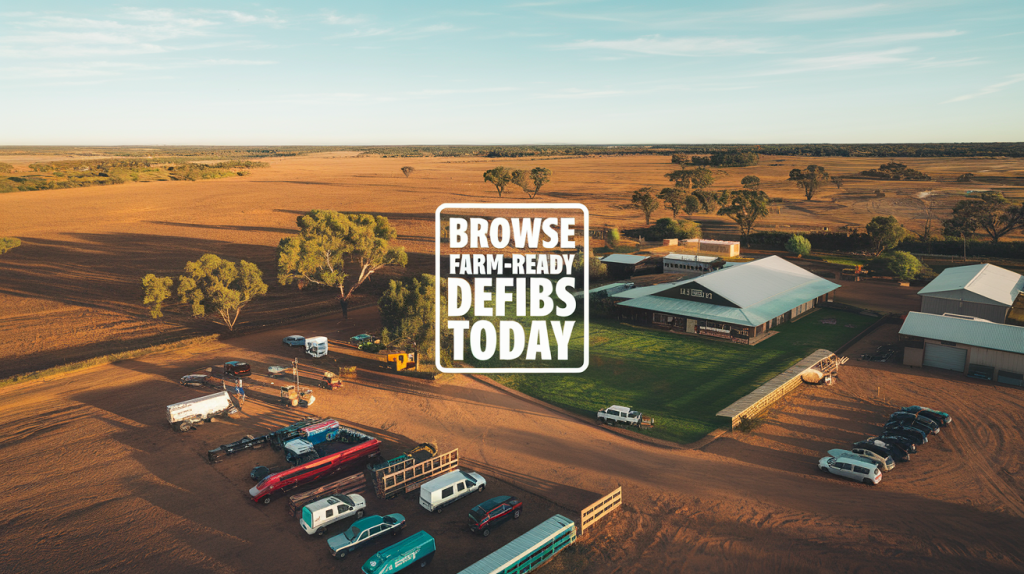
Hey there fellow Defibrillator afficiando! I'm Jack, a first aid trainer based in beautiful Penrith, NSW at the foot of the Blue Mountains. I love helping take complicated subjects and making them easy and understandable. When I'm not first aiding, you can find me birding and listening to jangle pop.

